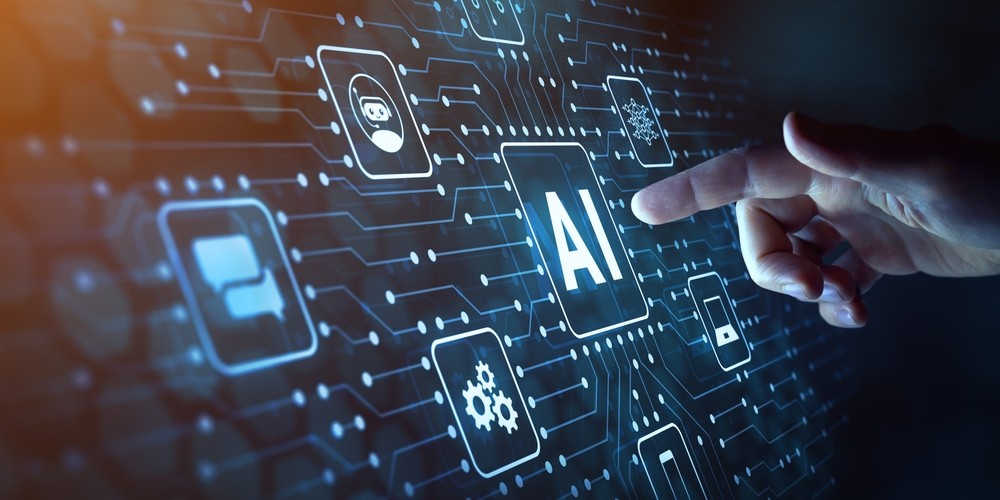In the next three years, artificial intelligence (AI) is set to drive unprecedented change across every sector. But as businesses race to adopt new technologies, one truth remains clear: the organisations that will thrive are those that double down on what makes them human.
The World Economic Forum’s Future of Jobs Report highlights that 77% of leaders believe there is a need for reskilling and upskilling existing workers to better work alongside AI.
According to Ciaran Bollard, CEO of The Corporate Governance Institute, a new leadership perspective is emerging , one that values empathy, creativity, critical thinking, and emotional intelligence as essential skills in the age of automation.
“Successfully integrating AI isn’t just a technical challenge, it’s a leadership one. Many digital transformation efforts fail not because of the technology itself, but because of a lack of clear communication, poor vision, and weakened organisational cohesion. These risks are only amplified when AI enters the equation.”
To navigate the seismic changes brought about by AI, leaders must go beyond the technical implementation and focus on the human side of transformation.
Bollard continues: “That means setting a clear, organisation-wide vision for how AI will be used, communicating transparently with employees, and offering both emotional and practical support throughout the journey. We must reinforce a shared sense of purpose, show how AI supports rather than replaces human contributions, and honour the legacy processes that got us here, while encouraging a mindset shift toward what’s next.
“Crucially, we also need to invest in personalised upskilling and development to ensure every employee is equipped for the future. Leadership in the age of AI starts with empathy, clarity, and inclusion.”
The stakes couldn’t be higher. Studies suggest that up to 300 million jobs could be displaced by AI by 2030, with 9–20% of the global workforce expected to undergo significant change within just five years.
Bollard Concludes: Organisations must work with AI to generate more efficiency and prompt creativity by provide clear and expansive guides on how to use AI. It’s time to embrace AI and remove the stigma around its use. By combining clear direction with a human-first approach, organisations can turn disruption into opportunity and make AI work for everyone. Now is the time to lead with vision, empathy, and intention. By embracing both technological innovation and human strengths, organisations can unlock sustainable value — not just for their bottom line, but for their people, customers, and society at large.”







